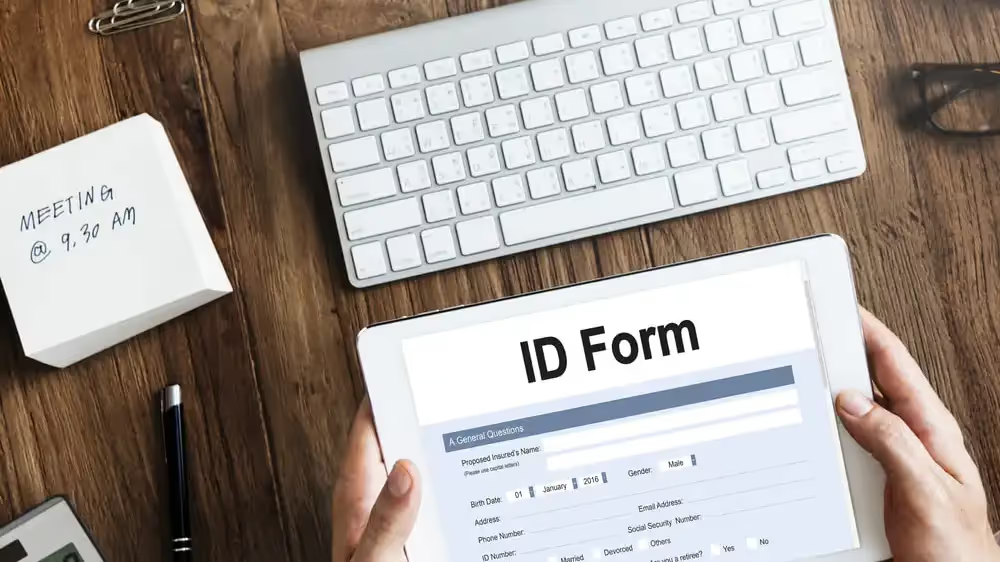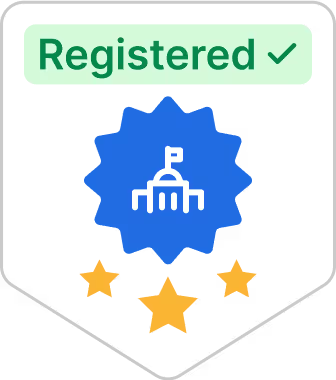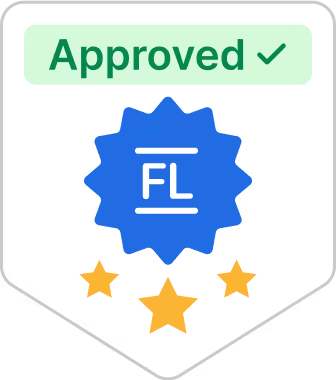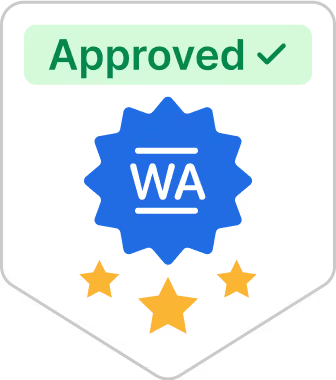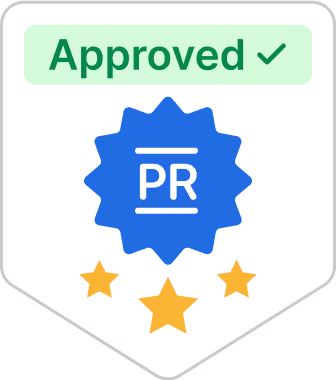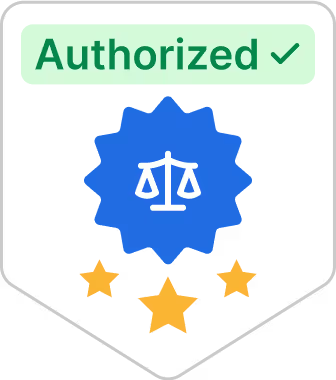What is an EIN number used for?

If you’ve ever filled out a tax return, you may have noticed a box near the top of your IRS form asking for an EIN. You might have even stopped to ask yourself, what is an EIN number used for?
In this article, we’ll break down what exactly an EIN is, who qualifies for them, and what purpose they serve.
How does an EIN work?
The EIN prefix stands for Employer Identification Number, otherwise known as a Federal Tax ID number. EINs are unique numbers used by the IRS to identify a business and are most often for tax purposes. You can think of them kind of like the social security numbers of the business world.
Also, like social security numbers, EINs are:
- Unique nine-digit numbers
- Only assigned once per business
- Permanent identifiers
EINs are a helpful way for any government agency to verify a business’ legitimacy, but not all businesses are required to have EIN numbers.
What kinds of businesses need an EIN?
The IRS has laid out certain guidelines for which businesses do and do not need an employer ID number for filling out their tax return.
First, the business must be considered an accredited organization that has filed tax returns for at least three years prior. If a business does not meet this standard, it is not considered legitimate and is immediately disqualified.
If your business passes this standard and you also meet the following standards, you will need an EIN for your federal tax forms:
- You pay wages to employees
- You have a self-employed retirement plan
- You operate as a partnership or corporation
- You are required to file one of the following tax returns:
- Employment
- Excise
- Fiduciary
- Alcohol, tobacco, and firearms
If your business does not fall under the above categories, as is the case for many sole proprietorships, you are not required to get an EIN and can use your social security number in its place on tax forms.
However, there are several uses for an employer ID number outside of filing tax returns, so some sole proprietors may consider filing for an EIN anyway.
What else is an EIN number used for?
While the primary purpose of EIN numbers is to help the IRS verify businesses, their use has extended to other sectors of the business world.
Opening a business bank account
Business bank accounts can be helpful for small businesses as they offer benefits that aren’t available to people with personal bank accounts, such as better protection, expanded transaction options, and an increased line of credit.
When applying for a business bank account, most banks require that a business is able to supply the following documents:
- Business formation documents
- Ownerships agreements
- Business License
- Employer Identification Number
If you’re a sole proprietor, most banks will allow you to use a social security number in place of an Employer Identification Number.
Applying for a business license
Businesses that deal with activities regulated by the government are required to get a federal license or permit.
Some federally regulated activities include:
- Agriculture
- Alcoholic beverages
- Firearms, ammunition, and explosives
- Fish and wildlife
- Mining and drilling
- Nuclear energy
- Radio and TV broadcasting
- Transportation and logistics
Most permit and license applications will require some kind of identification for your business, whether it’s in the form of an EIN or an SSN.
Identity theft
One of the main reasons why a sole proprietor may choose to apply for an EIN is that it can be used to protect a small business owner and their social security number.
When individuals commit identity theft against a business, they get access to a lot of that company’s private information. For sole proprietors, identity theft poses even more of a risk as there is less of a separation between their individual lives and professional lives. An attempt at corporate identity theft is much more likely to have personal ramifications for the individual involved.
For this reason, a sole proprietor may choose to get an EIN number that they can use on business entity applications in order to avoid having to give out their SSN except when necessary.
Protecting your identity
Simply fill out this form to apply for an EIN number online today!
If you want to learn more about how to protect yourself or your business from identity theft, we offer helpful advice about how to keep you and your business safe; We answer questions like “how to find EIN number,” “how to apply for an EIN” and “is TIN same as EIN.”
Sources:
- IRS. Employer ID Numbers. https://www.irs.gov/businesses/small-businesses-self-employed/employer-id-numbers
- IRS Videos. What you need to know about federal taxes and your new business. https://www.irsvideos.gov/SmallBusinessTaxpayer/virtualworkshop/Lesson1?seg=EmployerIdentificationNumberOrEin
- SBA. Open a Business Bank Account. https://www.sba.gov/business-guide/launch-your-business/open-business-bank-account
- SBA. Apply for Licenses and Permits. https://www.sba.gov/business-guide/launch-your-business/apply-licenses-permits





